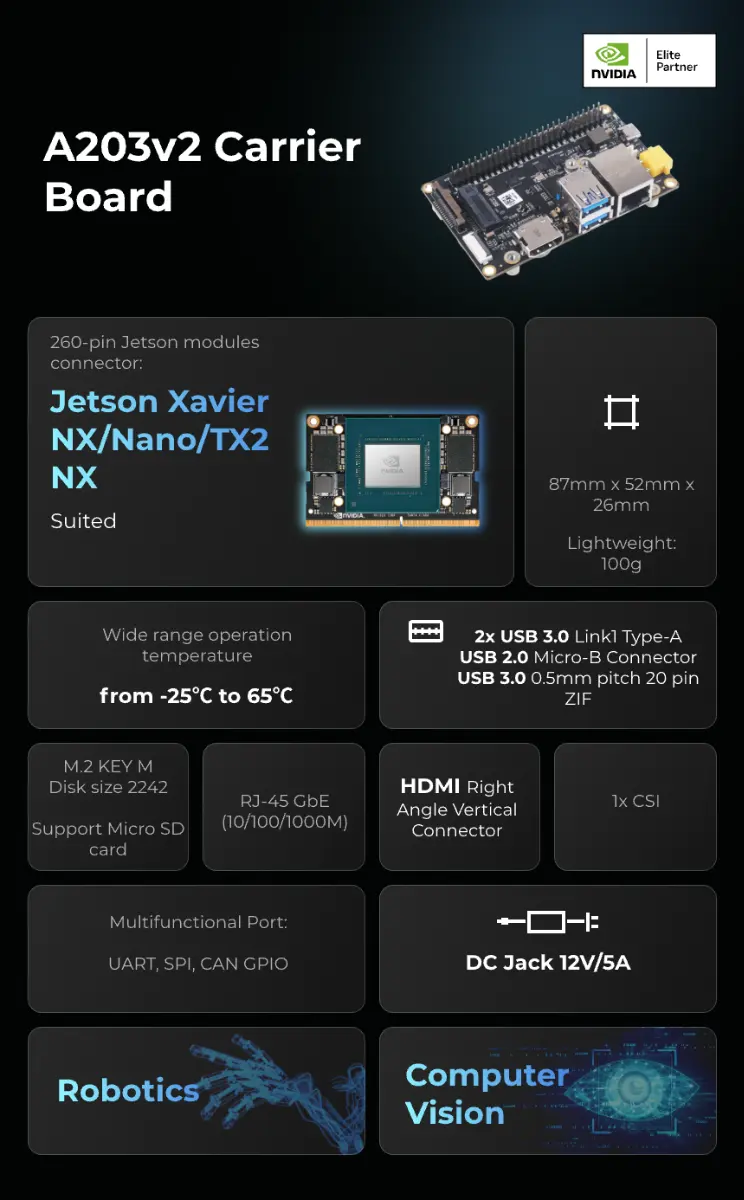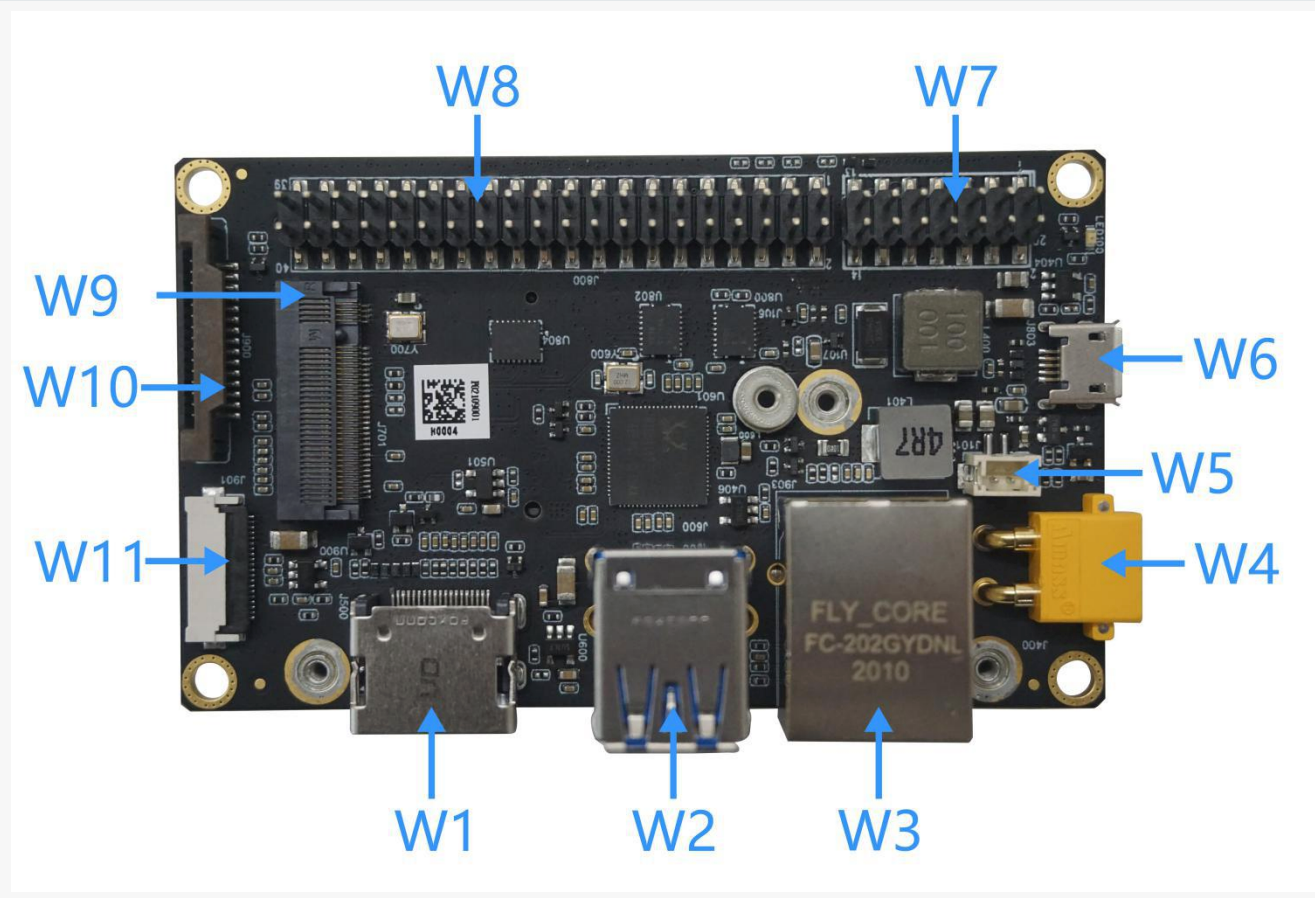Application Design for Smart Lighting Systems
-
Solution Architecture
Module Selection: Miniature surface-mount PIR modules (e.g., HC-SR501) with size <20mm×20mm for integration into embedded lighting (ceiling lights, corridor lamps).
Linkage Logic: Connect to MCUs (e.g., ESP32) via GPIO for "person detected - full brightness; person present - dimmed; person leaves - 30s delay off" control. Integrate light sensors (e.g., BH1750) for daytime auto-shutdown.
Energy Savings: Reduces lighting energy consumption by 30%-50% compared to traditional switches, ideal for corridors and bathrooms.Typical Scenarios Smart Homes: Integrates with Alexa/Mijia systems, allowing APP-adjustable sensing distance and delays. Commercial Lighting: Mall corridors use zoned sensing via RS485 bus for collaborative multi-module control.III. Optimization of Sensing Solutions for Security Systems
Enhanced Intrusion Detection Design Anti-Interference Technology: Dual-element complementary sensors suppress ambient temperature interference; pulse counting (2 consecutive pulses trigger alarm) reduces false positives. Multi-Dimensional Linkage: Combines with microwave radar modules (e.g., HB100) for "infrared + microwave" dual detection, triggering alarms only when both activate to avoid curtain sway or insect interference. Concealed Installation: Modules with integrated lens-housing designs (e.g., RE200B) hide within ceilings or decor for covert security. Data Transmission and Response Wireless Transmission: LoRa modules (e.g., EBYTE E32-433T30D) enable low-power long-range (3km open area) data upload, suitable for villa/factory perimeter security. Rapid Response: <0.5s trigger delay, with local buzzer alerts and cloud notifications (via NB-IoT) within <3s.IV. Selection and Deployment Considerations
Environmental Adaptation Avoid direct exposure to air vents/heating sources. Install at 2.2-2.8m (indoor) or 3-5m (outdoor) height, tilted 15°-30° to cover human activity zones. Outdoor use requires IP65 waterproof modules (e.g., AM312-IP67) with sunshades to minimize solar interference. Cost-Reliability Balance Consumer scenarios: HC-SR501 (~$2/unit); industrial use: Prioritize stability (e.g., Panasonic EKMC1603111, temp drift <±2%/℃). Batch deployment: Reserve 10% redundant modules with self-diagnostic voltage checks for fault



